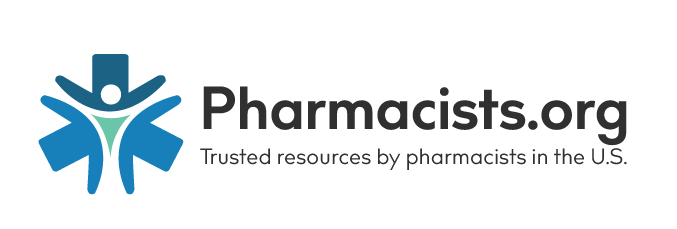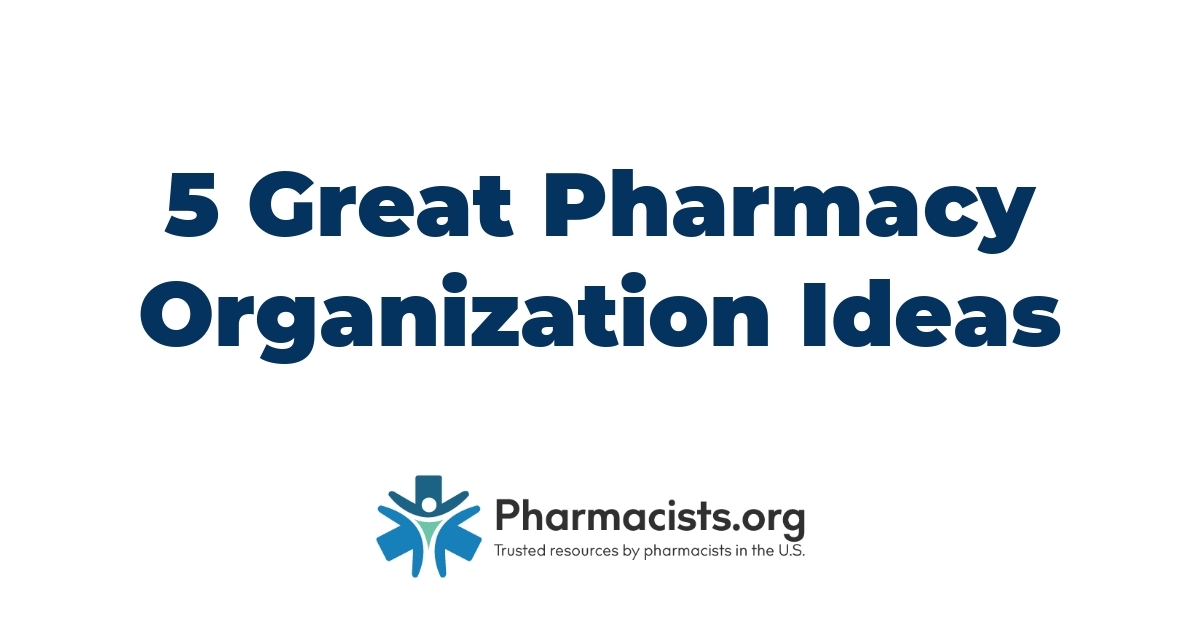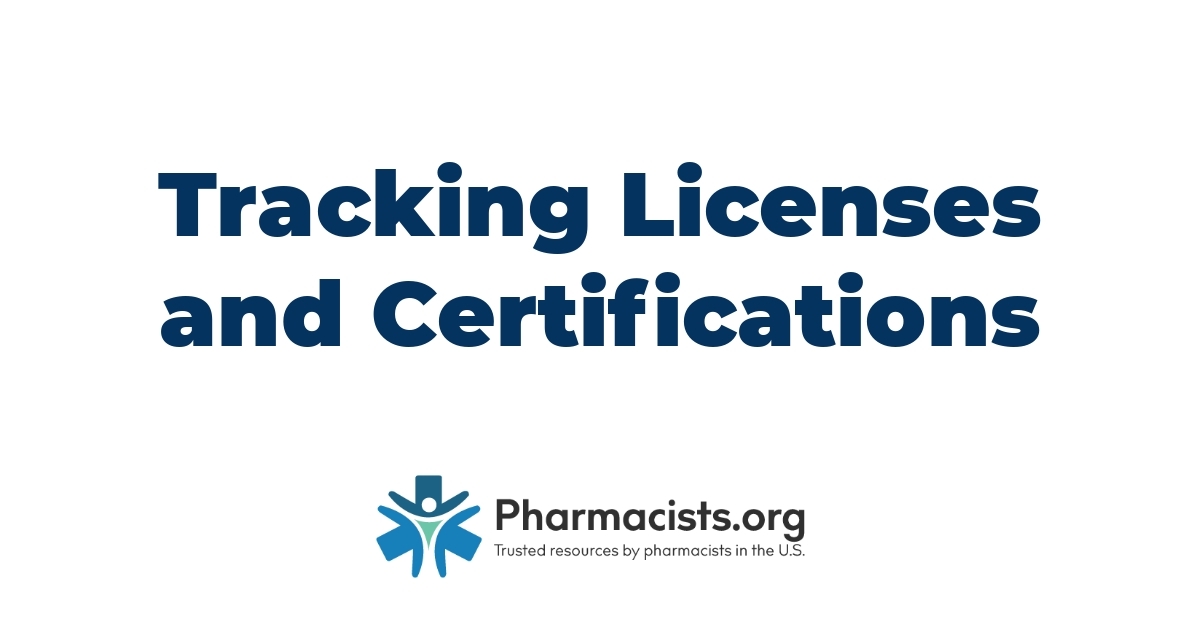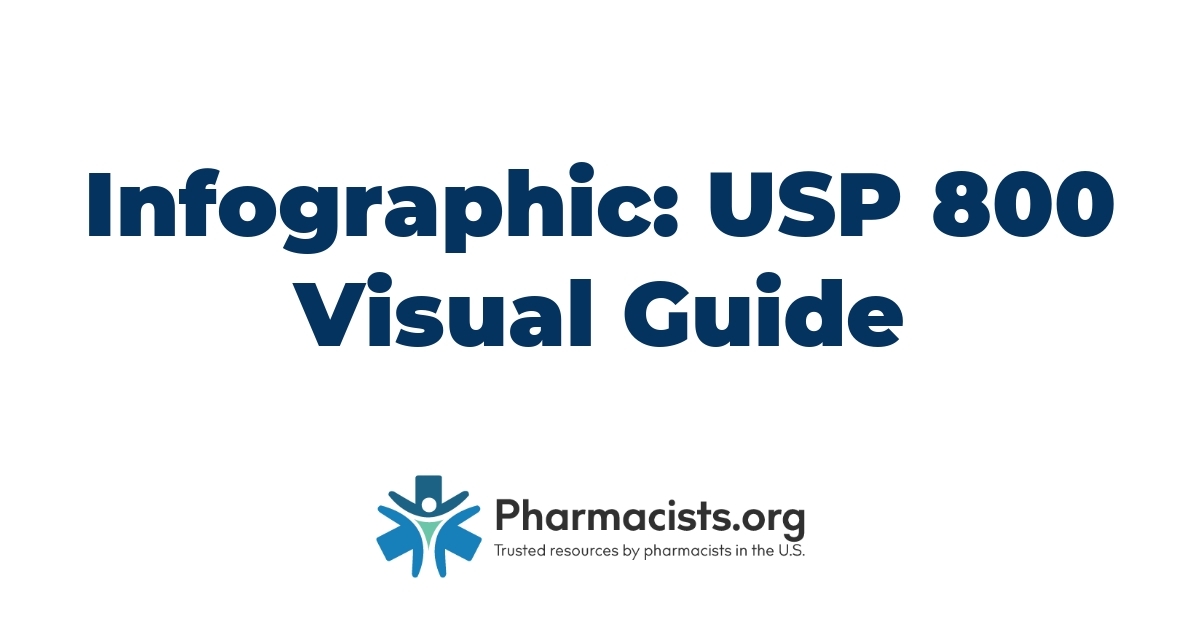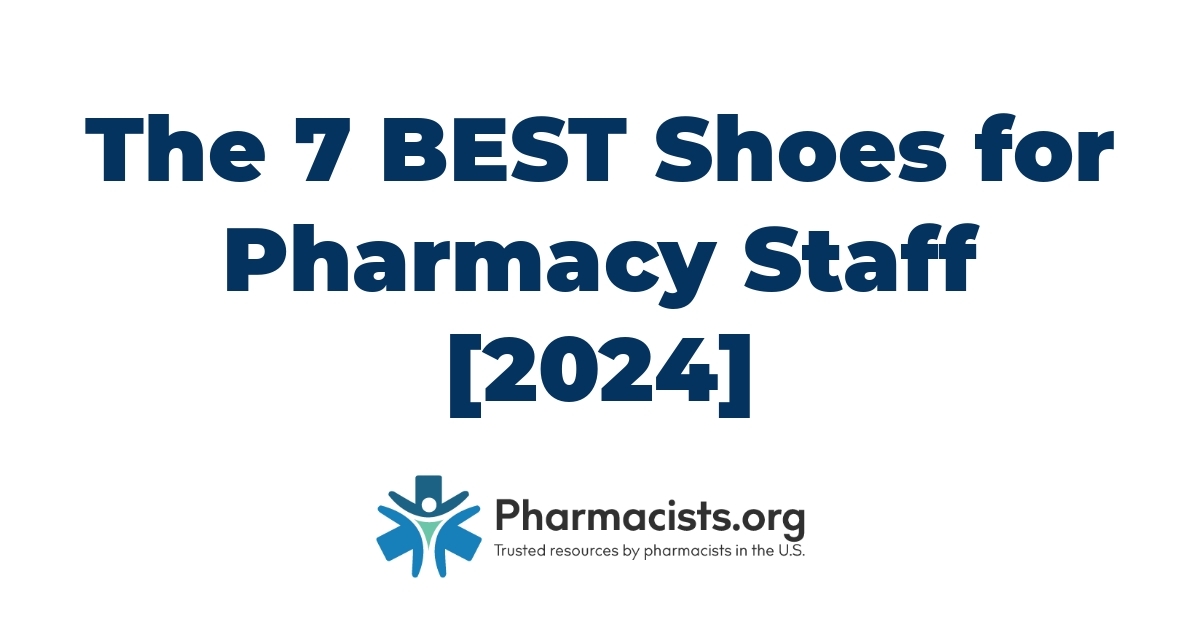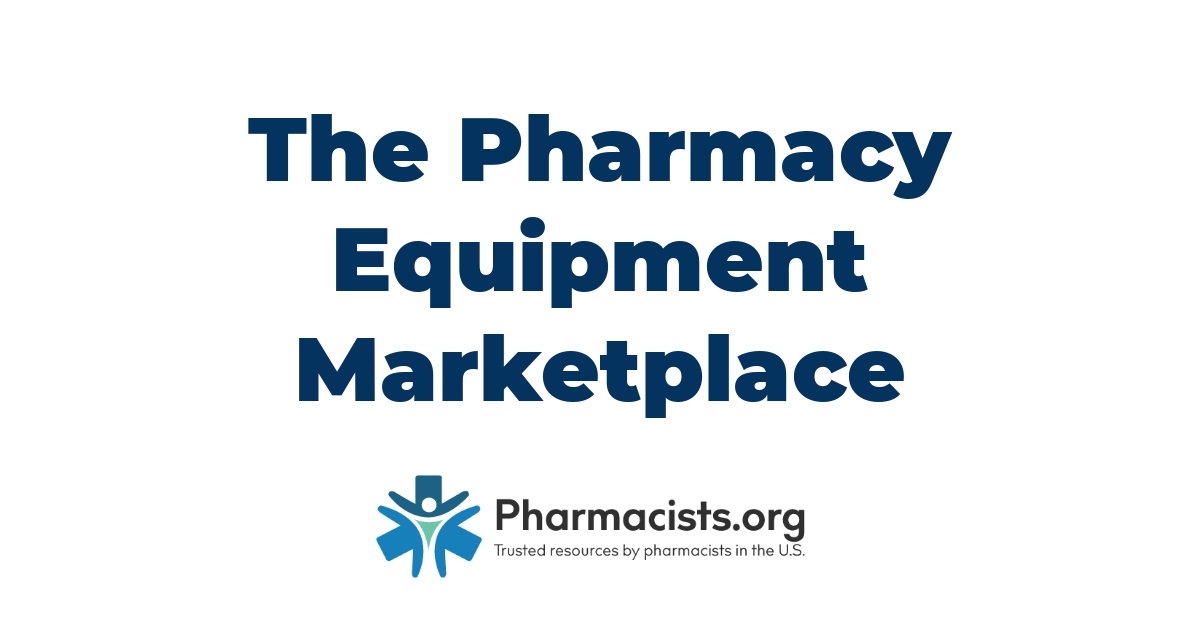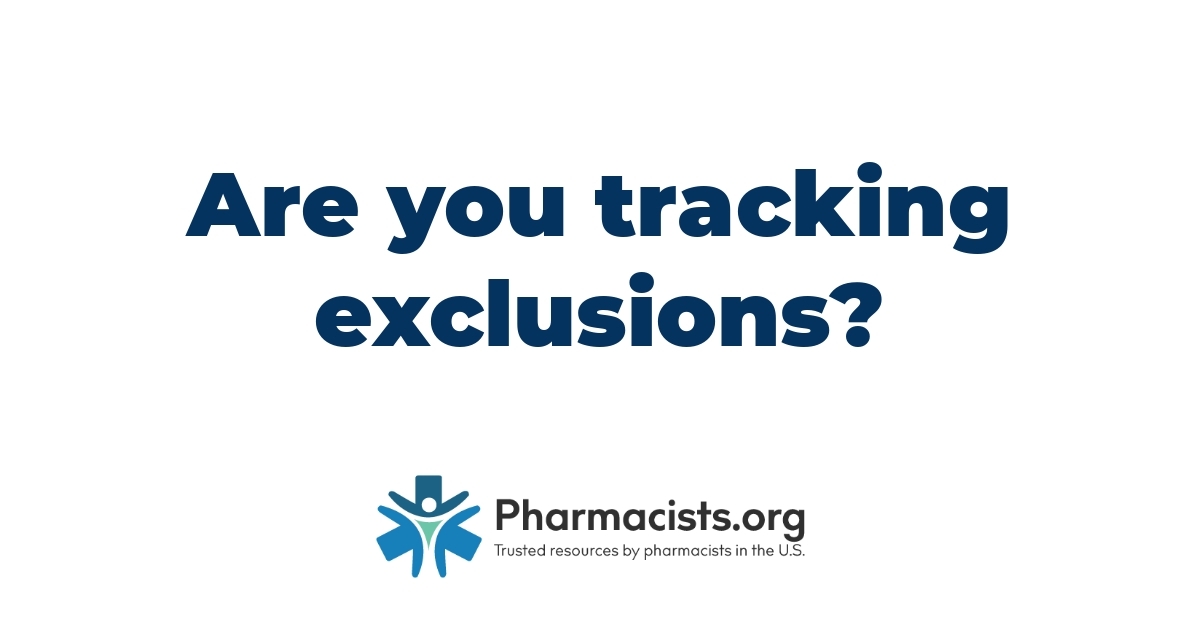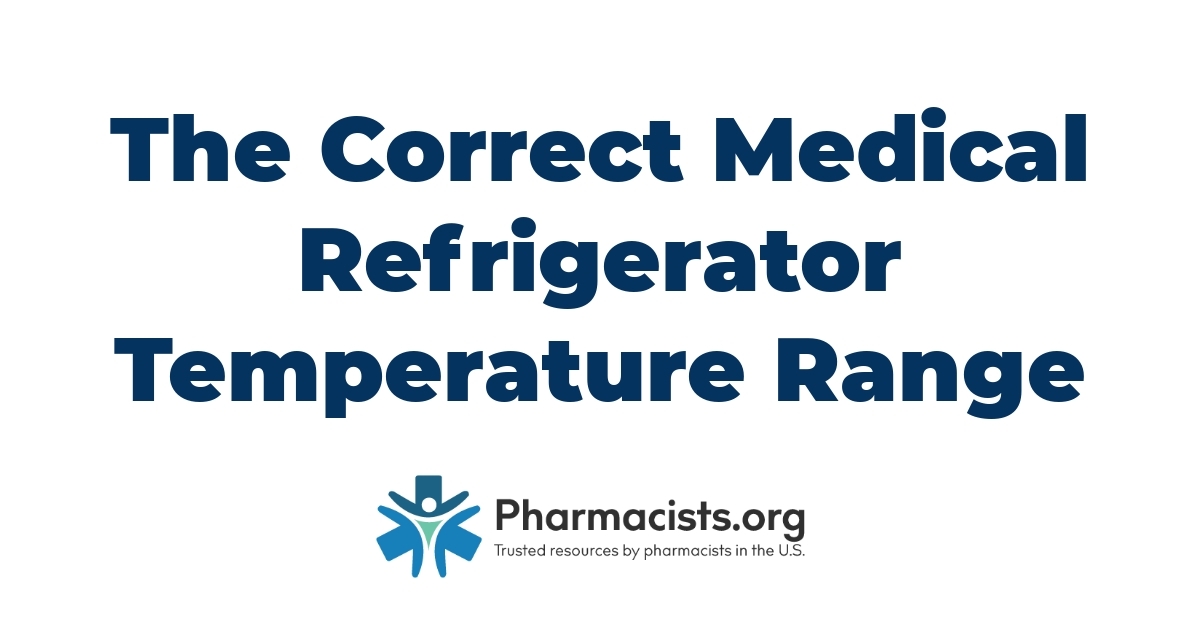This article is by Jeffrey Baird, esq., a healthcare attorney who practices with Brown and Fortunato, PC. I thought it gave a great overview of what happens after getting that scary letter in the mail. In this type of situation, it can be all-too-easy to panic, do the wrong thing, and end up making the situation worse.
He was generous enough to allow me to share his article; if you’re in this situation, I highly encourage you to seek out legal counsel. Law and compliance in day-to-day operations is very different from resolving a legal dispute that could affect your or the establishment’s license.
You can find his profile here, which includes his contact information.
A pharmacy lives in the proverbial “glass house.” It is subject to scrutiny by the State Board of Pharmacy (“Board”), DEA, FDA, and PBMs and other third party payors. At the end of the day, the Board is the most important agency in the pharmacy’s life. Without a license, the pharmacy does not exist. During the course of the pharmacy’s existence, it is likely that at least one complaint will be filed against it with the Board. When this occurs, it is important that the pharmacy timely and thoroughly respond.
Learning of a Complaint
In most cases, a pharmacy will first learn that a complaint with the Board has been filed by receiving a letter from the Board notifying it of the complaint and that an investigation has been opened. The letter will state that the pharmacy can either accept an Agreed Order being offered by Board Staff, provide a written response to the allegations, attend an upcoming Informal Settlement Conference, or request that the case be set for a trial at the State Office of Administrative Hearings. If the pharmacy receives such a letter, then it is early in the process. There has been no action against the pharmacy’s license. Importantly, the investigative process is not open to the public.
Upon receipt of the letter, it is recommended that the pharmacy contact a health care attorney for assistance. Without the proper legal guidance, the pharmacy may take responsive steps that prejudice its case.
Example of Letter Notifying the Pharmacy that a Complaint Has Been Filed
The following is an excerpt from a letter from the Oklahoma State Board of Pharmacy:
A Complaint has been filed against you by the Oklahoma State Board of Pharmacy. The Complaint is enclosed with this letter. A hearing has been scheduled on the Complaint and your Notice of Hearing is also enclosed. At the hearing, the Board of Pharmacy members will be presented with the Complaint and the evidence for their consideration and then they will determine your innocence or guilt on the violations alleged in the Complaint. If guilt is established by clear and convincing evidence, the Board will then determine the penalty to be assessed under the penalties allowed in the Pharmacy Act. Please be advised that you have the right to have an attorney to represent you with regard to the allegations against you, you have the right to cross-examine witnesses, and you have the right to present witnesses and evidence in your own defense at the hearing.
Most times, a licensee will request a meeting with the Board of Pharmacy’s Executive Director and a Compliance Officer at least a week prior to the hearing to give the licensee an opportunity to discuss the issues raised in the Complaint with the Director. Many times, the Director and licensee will attempt to reach an agreement as to how to resolve the issues raised in the Complaint without the necessity of a full hearing where all the evidence is presented in an open Board meeting. As a result of these discussions, often the licensee and Director will write an Agreed Order for the licensee’s review and consideration. If the Agreed Order is accepted by the licensee and signed prior to the Board hearing, it will then be presented at the Board meeting for the Board members’ consideration. This process does not require the evidence to be presented and the examination and cross-examination of witnesses to be done during the board meeting, which is open to the public under the Open Meetings Act.
If you would like to schedule an informal meeting to review and discuss any of the issues raised in the Complaint with the Director of the Board and a Pharmacist Compliance Officer in an attempt to resolve the issues, please contact Executive Director _________ before _____ to schedule a meeting. Some licensees bring their attorney to this informal meeting, but it is certainly not a requirement. And you always have the right to retain an attorney after the informal meeting. Please keep in mind that if you do bring your attorney to the informal meeting, the Board’s Assistant Attorney General/prosecutor must also be present at the informal meeting. If an Agreed Order agreement is not reached during this informal meeting, your case will go to a full hearing at the Board meeting as now scheduled.
Examples of Conduct Resulting in a Complaint
Examples of misconduct by a pharmacy include:
- The pharmacist fails to counsel the patient about how to take a new prescription (or a prescription with changed instructions) and its possible side effects;
- A non-pharmacist employee is allowed to counsel the patient regarding the prescription;
- The pharmacist is not present and the prescription is filled by a non-pharmacist;
- The pharmacist fails to maintain the confidentiality of the patient’s prescription;
- The pharmacist appears unable to function safely (due to alcohol or drug abuse); or
- The pharmacy is dirty, cluttered, or looks unsanitary.
[Pharmacists.org] Notice nearly all of the examples mentioned here can easily be mitigated. Hire cleaning staff and tidy up, train your staff, and set up your pharmacy to allow for ample patient privacy.
Examples of prescription errors include:
- Incorrect information is entered on the label of the prescription container;
- A prescription is dispensed with the wrong drug or wrong dosage;
- A prescription is refilled without proper authorization from the prescribing physician;
- A generic drug is substituted for a brand name drug without informing the patient of the substitution; or
- A prescription is filled using drugs whose expiration date has passed.
[Pharmacists.org] Some of these are harder to mitigate because they can be honest mistakes. Most patients, however, ultimately report to the licensing board or sue because after the error they were either not taken seriously, treated poorly, or both. Even if you don’t think the error is a ‘big deal’ (ex. you filled cetirizine and the prescription was for loratidine), the best way you can provide excellent care and reduce the chances of further action is to take every mistake seriously.
Since healthcare organizations are attempting to become highly reliable, it can be helpful to compare this type of behavior to an industry that has actually achieved high reliability – flying. What if the pilot came over the intercom and said one engine went out but it’s ‘not a big deal’ because the plane can fly on the other one? After all, modern planes with an ETOPS rating are fully capable of such a feat; however, how would you feel sitting in the cabin knowing you were one engine away from certain doom?
My point – imagine how the patient feels, not knowing anything about medications (including the one you accidentally gave them), and then realizing they put one in their body (sometimes for an extended period of time) the doctor didn’t prescribe.
For the expired medications example, this shouldn’t happen. Get my outdate sheet I put on the Home page and get an effective system in place to check for outdates monthly.
OK, enough of my Soap Box – let’s hear more Jeff!
Informal Conference
Upon receipt of a letter informing the pharmacy of the existence of a complaint, the pharmacy and its attorney should gather information, talk to witnesses, and determine what did… and what did not… happen. Then the pharmacy and its attorney should schedule an informal conference with the Board.
The pharmacy’s approach needs to be conciliatory, not adversarial. There is a saying that attorneys often use: “Possession is 9/10ths of the law.” In a sense, the Board “possesses” the pharmacy’s license. And the Board has the upper hand when it comes to negotiating. With this in mind, the pharmacy should approach a complaint with an attitude of: “How do I work with the Board to solve this problem?”
The most important step is to schedule an informal conference with the Board. Ideally, the complaint will be resolved at the informal conference. If an amicable resolution cannot be reached and the matter becomes a full-blown formal Board hearing, then the odds of a resolution (that the pharmacy can live with) decreases.
Normally, with an informal conference the pharmacy representative and/or its attorney will meet with a Board Member, the Executive Director, the Director of Enforcement, and a Staff Attorney (collectively referred to as “Informal Panel”).
The Staff Attorney will
- Present the allegations and the supporting evidence that would be introduced in a public hearing; and
- Answer any questions that the Board panel may have regarding the allegations against the pharmacy.
Any complainant who chooses to attend the informal conference will be given an opportunity to speak to the Informal Panel. The pharmacy representative and/or its attorney will be given the opportunity to discuss the matters relating to the complaint.
Agreed Settlement
At the conclusion of the informal conference, the pharmacy will be notified of the Informal Panel’s recommendation for resolution. If the pharmacy substantially agrees with the proposed resolution, but has concerns about certain aspects of the proposed resolution, then the Informal Panel will likely be open to the pharmacy’s suggestions. If the pharmacy and the Informal Panel are unable to reach an amicable settlement, the matter will be scheduled for a full Board hearing.
An example of an Agreed Board Order is as follows:
An informal conference was held in the Board’s office on _____, with _______, Pharmacist-in-Charge; _______, Vice President, and _______, Legal Counsel of Respondent, in attendance. The informal conference was heard by a Board panel comprised of: _______, Board Member; _______, Board Member; and _______, Executive Director/Secretary; with _______, General Counsel. _______, Staff Attorney, was also in attendance. By appearing at the informal conference and by signing this Order, _______ and Respondent’s counsel neither admit nor deny the truth of the matters previously set out in this Order, and agree that the Board has jurisdiction in this matter and waive the right to notice of hearing, formal administrative hearing, and judicial review of this Order. The parties acknowledge that this Order resolves the allegations set forth herein, and agree to the terms and conditions set forth in the ORDER OF THE BOARD below. THEREFORE, PREMISES CONSIDERED, the Board does hereby ORDER that:
Respondent shall pay an administrative penalty of $_____ due one hundred twenty (120) days after the entry of this Order.
Respondent shall develop and implement policies and procedures to ensure compliance with pharmacy and pharmacist licensure requirements from licensing entities in states where Respondent operates or seeks to operate as a pharmacy or wholesale facility. A written report of such policies and procedures shall be submitted to Board staff within one hundred twenty (120) days after the entry of this Order.
Reportable Disciplinary Action
All states enforce a provision that holds that failure to report a disciplinary action against a pharmacy license is grounds for additional discipline. The wisest approach is to report whatever discipline the Board takes against a pharmacy license.
I am a pharmacist, community pharmacy consultant, and medical writer with over 12 years of clinical practice experience in community, outpatient health system, long term care, and academic settings. I am also the founder of PharmCompliance.com, a website dedicated to the success of community pharmacy.
As a pharmacy project manager, I led the implementation of new service lines, assist with ensuring legal and third-party compliance for over 70 retail stores, lead quality improvement and medication safety initiatives, write policies, procedures, and best practices for all our retail sites, and help with optimizing revenue cycle and pharmacy profitability. I have been responsible for DMEPOS and vaccine accreditation through CMS, obtaining new licenses and permits, and implementing a prescription drug kiosk embedded in our physician offices.
As a medical writer, my work has been featured in GoodRx, Pharmacy Times, Drug Topics, Patient Care Online, and in peer-reviewed journals. I have also given presentations on a range of topics, from disease state pharmacotherapy for medical residents to updates on the CDC vaccine storage and handling guidelines for a medical-grade refrigerator and freezer manufacturer. I have written and presented continuing education for CEImpact, FreeCE, AchieveCE, Ascension Health, and the Florida Department of Health.
